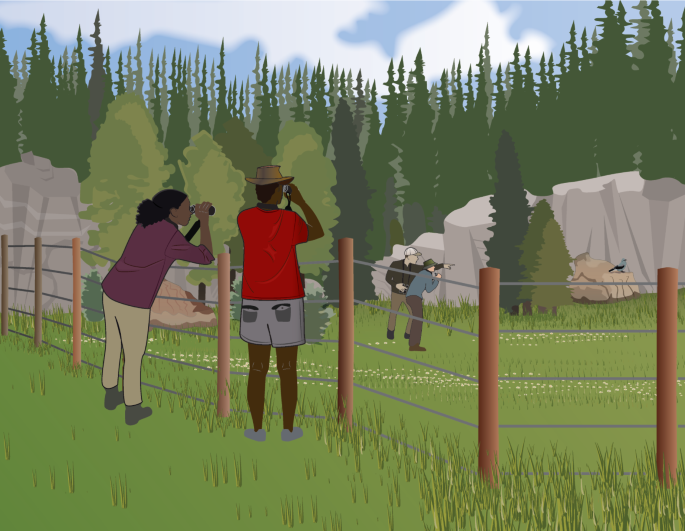
If you are any type of BIPOC, your presence alone in academia will inspire BIPOC early-career researchers. Be mindful with this unexpected influence. Welcome students into your office even when you are under deadlines, as these few minutes may sway their career path. Tell them about the delight and joy you find in science, as these positives will help make the barriers seem small by comparison.
Often institutions, granting agencies, editorial boards, and scientific societies can seem like exclusionary fortresses. To break down barriers takes time, and long-term societal change. At the faculty level, we can start by making clear what we expect from our students and postdocs as we work with them toward our common goal of breaking down systemic racism in academia. When we serve on committees, we can point out bias, and advocate for policies that promote equity. A warning, however, is that in doing so we may risk being marginalized and this is of particular concern before tenure.
As teachers and instructors, we have the opportunity as BIPOC in science to discuss ecology and evolution in the context of historical racism (for example, the complicity of evolutionary biologists in eugenics, or ecological impacts of colonialism), and modern inequality (for example, discounting of Indigenous knowledge by the academy) in our classrooms. We can have integrative materials that teach EEB fundamentals while comparing important findings to the timeline of social movements such as civil rights, abolition, or self-governance. We can include people that look like us in our course materials, on posters, and in talks at meetings.
Source: Ecology - nature.com


